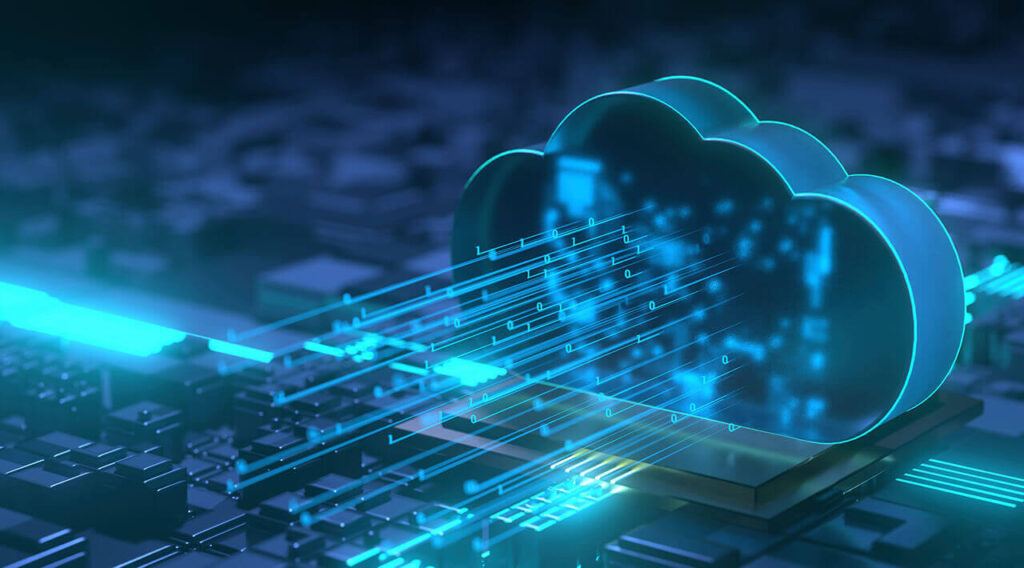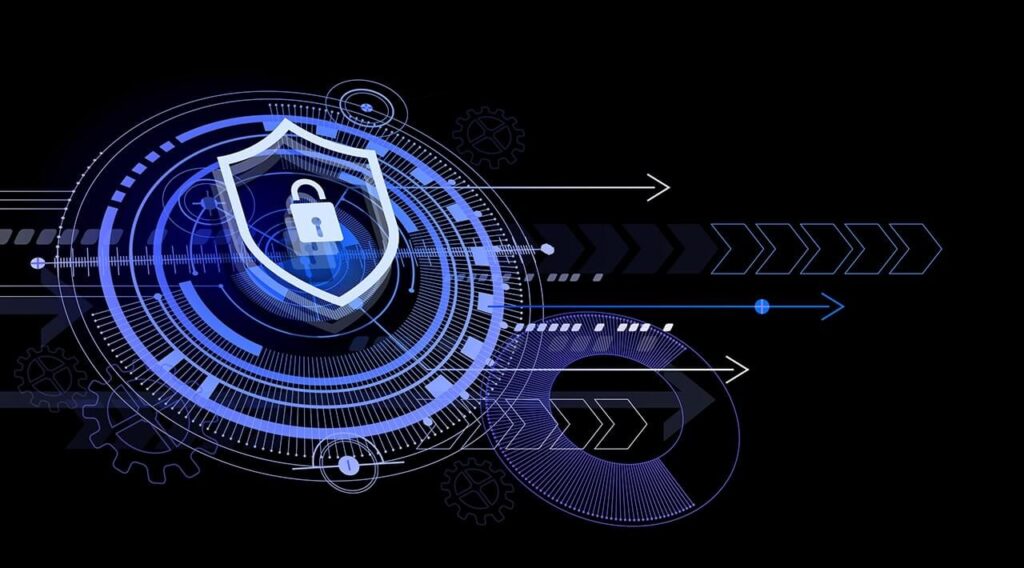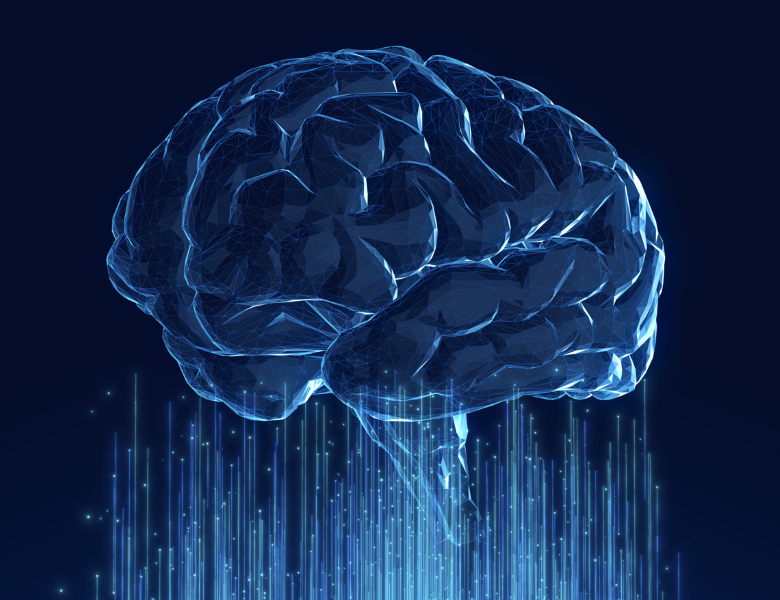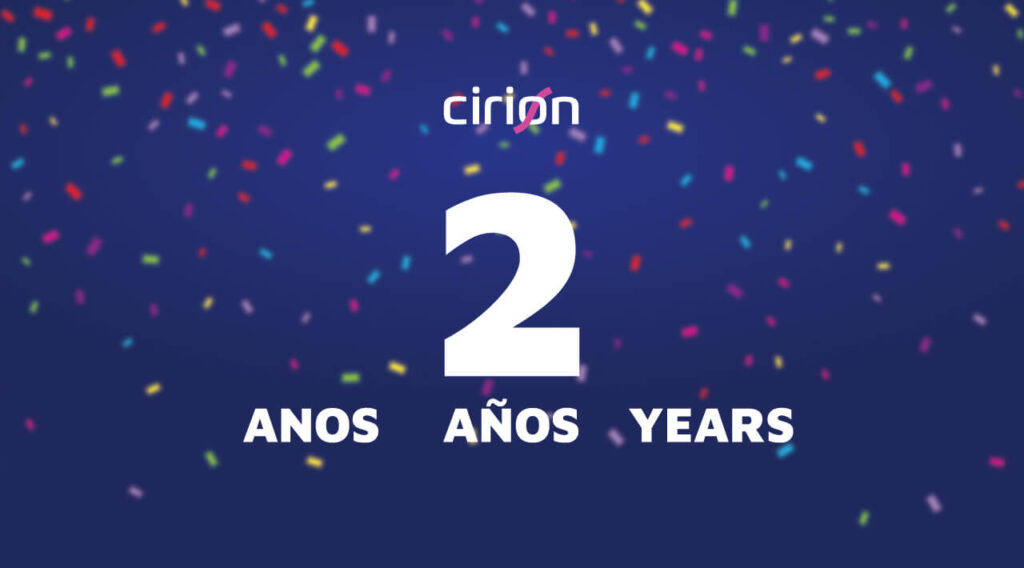7 Key Technology Trends Shaping the Future of Business
Executives have adopted the routine of thinking how their company will be like 5 or 10 years from now.
In the past, a company’s future vision was set to years or decades. Today, however, the intensive information flow accelerated this transformation path, which increased by the pandemic, turned future into something even more unpredictable.
In fact, anthropologists and historians are working on this idea that the new coronavirus outbreak was crucial for the Planet to truly enter the 21st Century. Primarily, in everything related with technology and the so-called 4th Industrial Revolution, which brought digitalization, although forced, of many companies.
With this scenario in mind, thinking ahead and being ready to anticipate future plans became essential. This is how the consulting firm Gartner carried out a study identifying the 12 technology trends for 2022, capable of making a difference for organizations success in the coming years.
Further to analyzing Gartner’s 12 technology trends as a whole, focused on our customers’ pursuit and my area of expertise, I would like to highlight seven of said trends providing a thorough explanation.
The 7 most relevant technology trends, from my perspective:
Native Cloud Platforms: Many businesses had to digitalize their operations because of the pandemic. Consequently, countless processes were adjusted for their execution in the cloud.
There is an increasing trend to deploy more native platforms for this environment, as well as solutions designed to build new architectures for more agile apps, ready to anticipate changes.
AI Engineering: Artificial intelligences have long ceased to be science fiction. They are not as complete as what we see on Star Trek’s Enterprise spaceship, though they’re getting close.
Programming bots to automate several processes is a reality as we speak, including analysis of absurd data volumes in record time to help humans with the decision-making process.
Distributed companies: This concept, which reflects the precepts of the 4th Industrial Revolution, is ideal for working models where digital comes first, i.e., employees, management, partners, and customers experiences are digitalized to generate and analyze data in order to improve your processes.
The so called distributed companies are better adjusted to completely virtual or hybrid work modalities, also a trend for the next years.
Data Fabric: This term is the core of the 4th Industrial Revolution. By adopting an effective mesh, organizations can multiply their operations since data are accessible from any strategic point, regardless their storage location.
Building the data mesh also means more intelligence when it comes to analyzing data for use or change recommendations, something that according to Gartner can reduce data management efforts up to 70%. And all of the above leads us to the next trend.
Cybersecurity mesh: Consolidating a data mesh also means strengthening the cybersecurity network, using standalone solutions in an integrated way so that they can quickly verify and validate (or reject) data access attempts, primarily in the cloud, as well as outside.
Always remember that data security is no longer just a matter of business strategy. With the GDPR in force, protecting this information prevents the company from incurring in criminal liability. And this is also an indicator on what trend to follow.
Privacy improved by computing: With the GDPR in force and widely spread by the media, people are increasingly aware of the importance of data confidentiality.
Today, the reason companies store and use data is widely debated by society as a whole. Therefore, offering a structure to make users feel safe and have the necessary trust to share information is a must.
Composable Apps: This well-known trend in the automotive industry, where the same chassis can be used as the basis for manufacturing several models, is also applicable to this field.
Composable apps apply “modular” codes, which can be used and reused to compose various solutions, which development is based on the company’s business. In addition, this type of structure decreases applications time-to-market, therefore ROI is increased.
Technology trends mentioned above are expected to gain momentum in the near future, especially 5 years from now.
Although for those always looking for the best for their business, the future is today. So don’t wait until you’re forced out of necessity to invest in the structure your business need when you know it in advance.

Marcos Malfatti
President
Lumen, Brazil
With over 30 years of experience in the sector of IT and telcos working for companies such as IBM, Banestado, and Copel, Malfatti has performed high management positions in Impsat, Global Crossing, CenturyLink, and Level 3, currently Lumen.
Marcos Malfatti graduated in Computing Sciences at the PUC-PR, holds a master’s in business administration and Marketing from Universidad Católica de Administración and MBA from Instituto Superior de Empresas.










